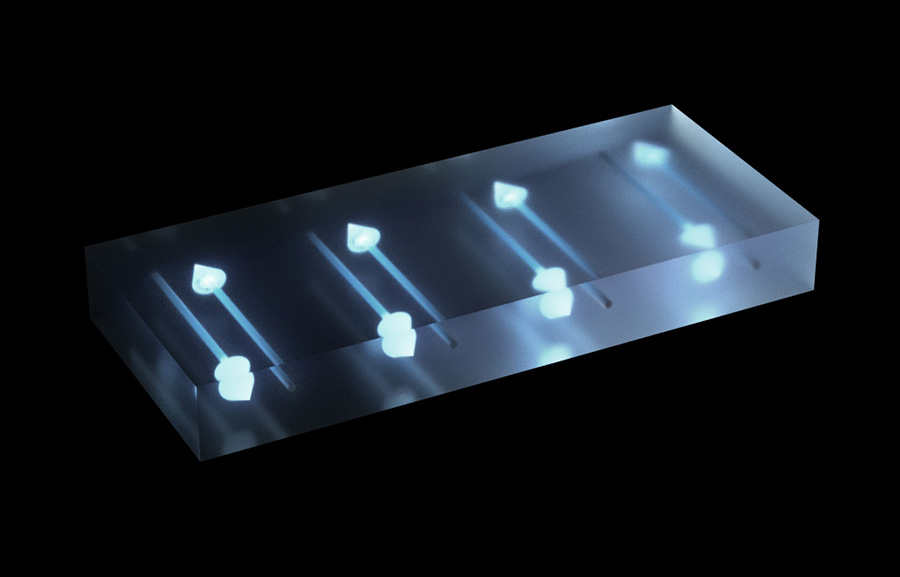QuSpin Research - Center for Quantum Spintronics (QuSpin)
Research themes 2024-2027
These are research themes we will focus on in the next period of our center; Dissipationless quantum spin transfer, quantum spin dynamics, and spin and topology.
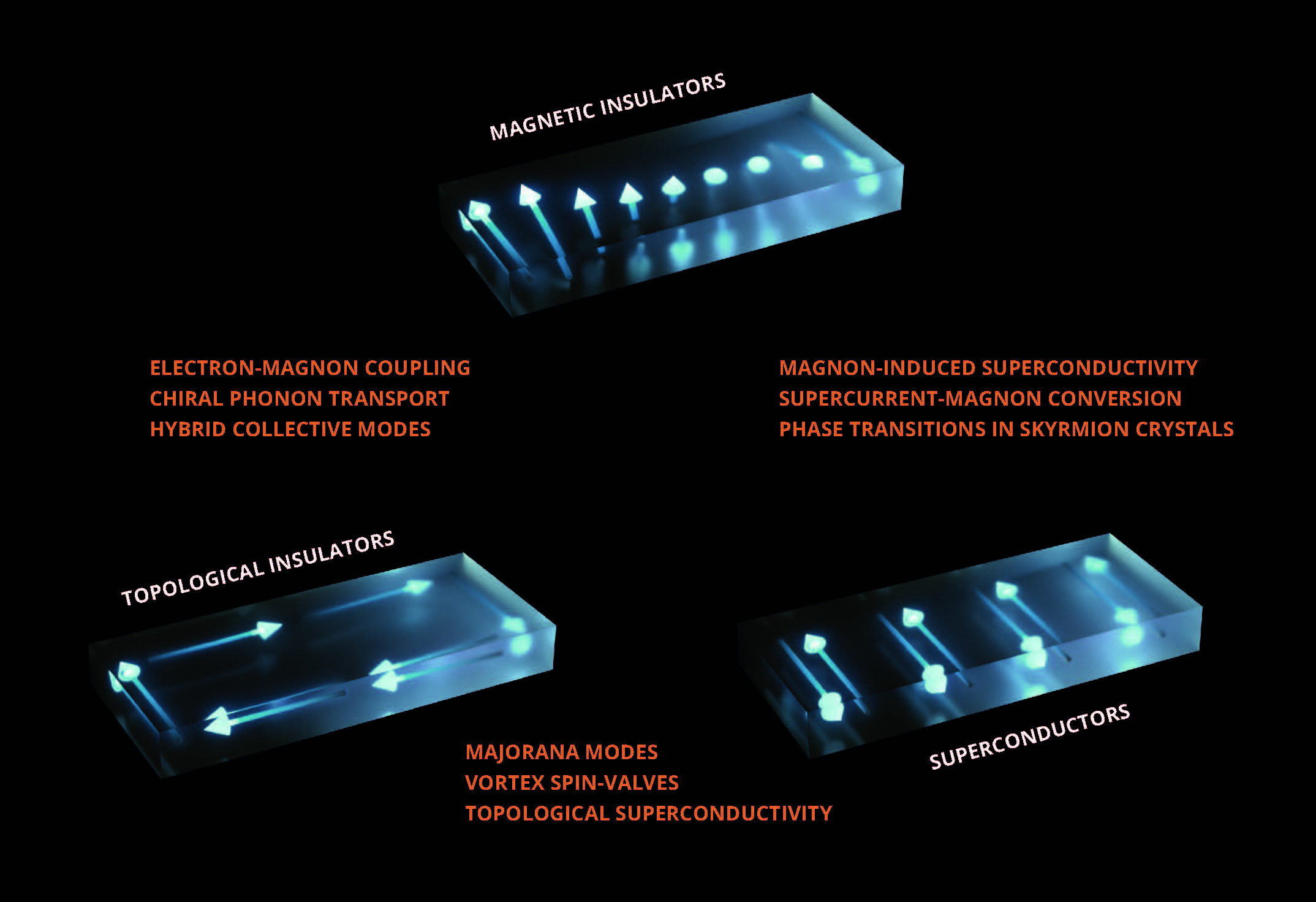
Research themes 2017-2023
The research has been focusing on three judiciously chosen lowdissipation systems: magnetic insulators, topological insulators and superconductors which correspond to three research themes: insulator spintronics, topological matter, and super spintronics. Our unique competitive edge is addressing the ultra-low power innovations by uniting expertise from insulator spintronics, topological matter, and super spintronics.
Ilustration: Overlapping themes within the different research areas (marked in orange).
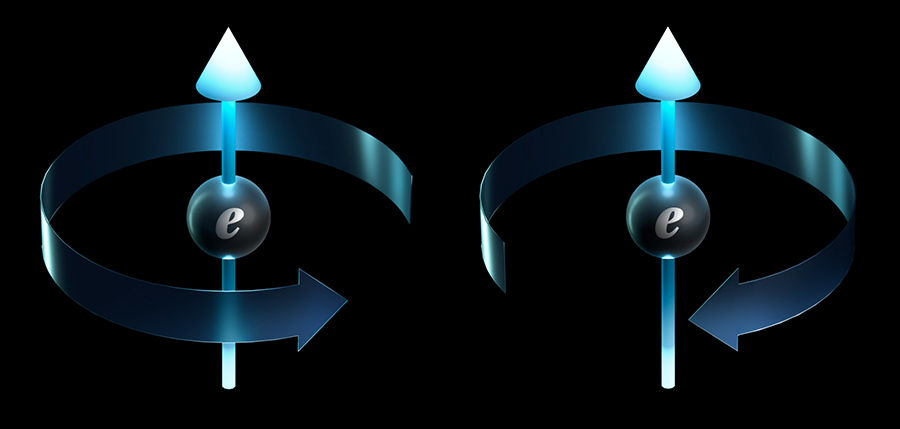
The electronic spin
The electron spin, the electron’s magnetic moment, is a prime example of a quantum entity. Classically, when the earth orbits around the sun, it has an orbital angular momentum. The spin is the electron’s intrinsic angular momentum. It is as if something orbits inside the electron. While such an analogue can be useful, it is not what really happens. Instead, the spin is an intrinsic property of the electron. Furthermore, in measurements, there are only two possible outcomes of the spin, clockwise rotation or counter-clockwise rotation. We denote these states as spin-up and spin-down.
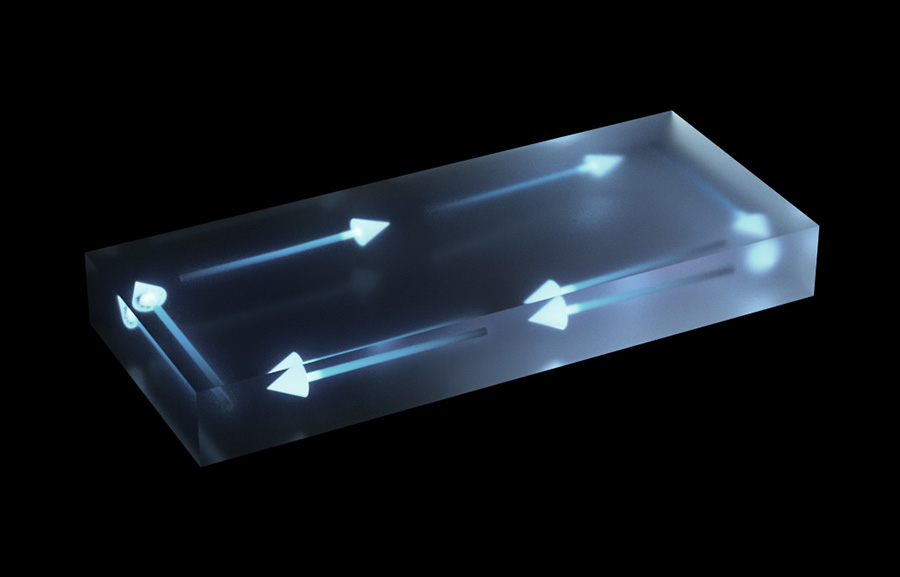
Topological Insulators
Topological insulators allow ultra-low dissipation transport of charge and spin at the surface, but inhibit lossy processes in the bulk. An important aspect is the exceptional strong coupling between charge and spin signals.
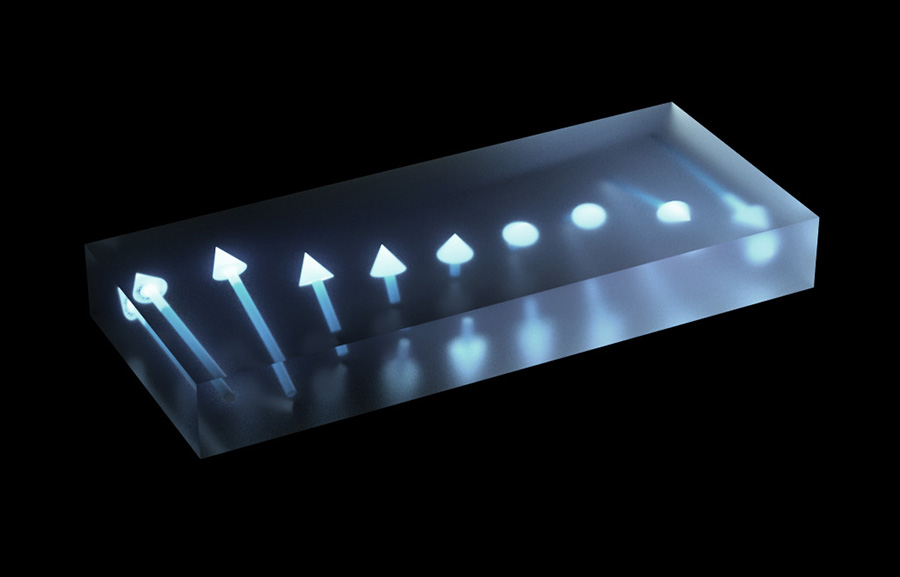
Magnetic insulators
Magnetic insulators are excellent conductors of spin while forbidding the energy-consuming process of charge transport. In magnetic insulators, the quanta of the spin vibrations can act as new low power dissipation information carriers.

